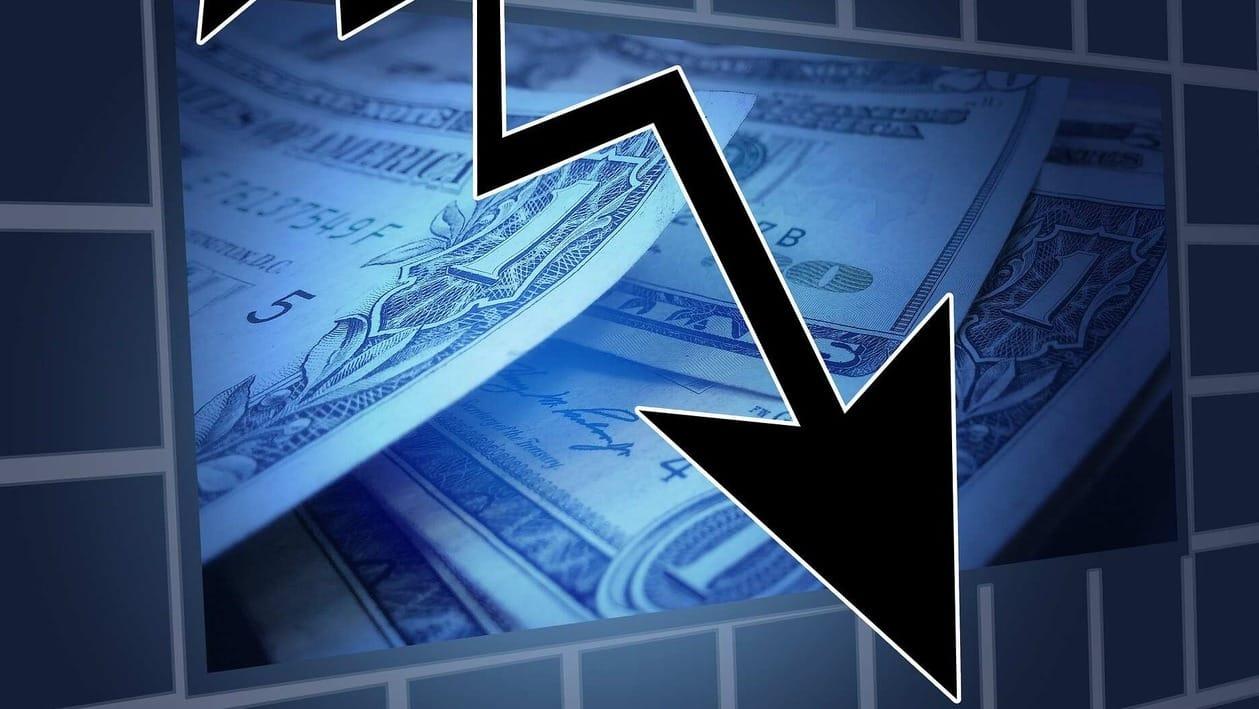The recession has officially hit England and there is no way the rest of the world including India could have escaped its brunt. Rising interest rates have had an adverse impact on the stock markets. Many investors are wary of seeing their portfolios in red for such a prolonged period. Many of them are even contemplating pausing all their equity mutual fund investments owing to the poor returns month on month.
The markets are now being ruled by two mindsets – One set of investors strongly advocates stopping all equity investments including the regular SIPs into mutual funds. There is another that continues to invest irrespective of the sudden market downturns. The former is governed by the herd mentality that is devoid of logic and instils unwarranted fear. The latter is not new to the market overtures under the guise of sudden market crashes or expected market corrections.
If you are in two minds regarding whether to continue with your equity investments or stop them altogether, it would help to understand previous market corrections or crashes in hindsight. True, that the market falls; it is also true that post the fall, the market has rebounded with greater strength and ferocity.
To understand the constant undulations of the market, we must look at the various market crashes in history. It is only after looking at them in hindsight that will we realize how it is common for markets to fall and then rise. Take, for example, the March 2020 crash that sent all the world markets tumbling down due to the Covid-19 pandemic.
The aftermath was equally drastic with the market soaring to new and unprecedented heights. Many investors who had redeemed their investments in sync with the herd mentality missed the rally as stock prices zoomed bringing in more profits who either held on to their investments or parked more money at lower valuations.
Below is a graph showing how the effect of the Covid-19 pandemic wore down Nifty 50 in 2020. And then, as anticipated by experienced investors, the market rose again rapidly to unprecedented heights.
The below graph shows how the effect of the market crash in October 2008 and the upward trend of the market henceforth.
Look at how the market sunk during the recession and then rose to give unprecedented returns after that. Experience tells us not to panic during recessions; rather rebalance your portfolio by adding weight to your performing funds and stocks and getting rid of those that have failed to perform despite repeated market highs.
When you look back at the history of the stock markets, you do not see recessions and consequent panic. All you see are stocks at discounted prices and great opportunities to buy them and include them in your portfolio. Mutual fund investors see lowered net asset values of their preferred funds, thus, allowing them to accumulate more units of these funds that they can later sell at higher prices.
Not all investors may have extra cash in hand to invest in a lump sum. It serves them to continue with their SIPs for the next 20-30 years, irrespective of which the market sways.
It is not enough to know your financial goals. Check regularly how much you have invested. Assess its accumulated value and the returns you have earned from your assets to date. Check the returns earned relative to the corpus invested. This will help you gauge if you are earning enough from your portfolio.
Don’t stray away from your investment planning. Continue with your investments, check your investment portfolio regularly and step them up by a fixed percentage every year to prep up your investment base. Invest in lump sum amounts when you see an opportunity to do so.
Last, but not least, do not stop your investments, especially, those intended for long-term financial goals. Instead of falling prey to the noise and chaos around, work on your financial plan and stick to it, no matter what happens.
Benefiting from recession
Giving in to fear and overreactions of novice and ignorant investors has never done anyone any good.
The stock markets have been in place for a prolonged period. Looking 20 years back from now, what do you see? Lost opportunities to gain from the stock markets. The effect of inflation has caused prices to rise sky-high. This implies the need to ensure greater savings and more investments. A recession is one great opportunity to invest more, which you must make use of in the best way possible.
